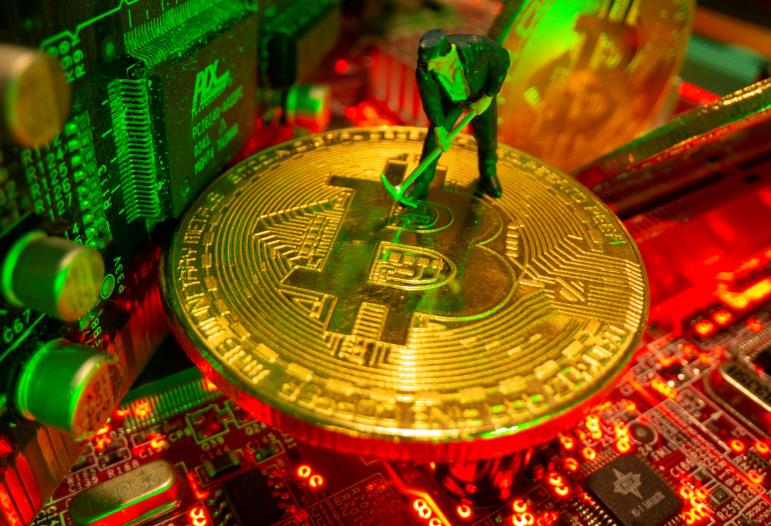The Texas Senate has passed a bill that would limit bitcoin BTC -3.74% miners’ participation in demand response programs. Bill SB1751 narrowly passed the Senate by one vote and is now moving to the House of Representatives. If approved, it must be signed into law by the governor of Texas.
The bill seeks to cap the participation of bitcoin miners in demand response programs at 10 percent and eliminate tax exemptions for the industry. The upcoming vote in the House of Representatives is expected to be extremely contentious, due in part to growing opposition from bitcoin miners. Three lobbying groups, including the Texas Blockchain Council, the Chamber of Digital Commerce and the Satoshi Action Fund, launched a campaign against the bill on Monday, calling it “anti-competitive.”
Texas Bitcoin Miners Participating in Demand Response Program Will Be Limited
The Texas Senate has taken decisive steps to limit bitcoin miners’ participation in demand response programs. The recently passed bill SB1751 passed the Senate with only one vote against and is now being sent to the House of Representatives for further consideration. The bill seeks to limit bitcoin miners’ participation in demand response programs, which offer incentives to reduce energy consumption during periods of high demand. Specifically, the bill seeks to cap the participation of bitcoin miners in such projects at 10 percent and remove tax exemptions previously granted to the industry.
Controversy Surrounding the Act
The upcoming vote in the House of Representatives is expected to be contentious as various stakeholders voiced differing views on the matter. Supporters of the bill argue that it is necessary to regulate the increasingly energy-intensive bitcoin mining industry and prevent undue stress on the national grid during periods of peak demand. They also argued that removing the tax exemption for bitcoin miners would level the playing field for other energy-intensive industries in Texas that do not receive similar benefits.
On the other hand, opponents of the bill, including the Texas Blockchain Council, the Digital Chamber of Commerce, and the Satoshi Action Fund, launched an opposition campaign, calling it “anti-competitive.” They believe the bill unfairly targets the bitcoin mining industry and will stifle innovation and economic growth in the state. They also expressed concern that restrictions on participation in demand response programs would hamper bitcoin miners’ ability to reap rewards through energy-saving efforts during periods of high demand.
Impact on the Bitcoin Mining Industry
If the bill is signed into law, it will have a major impact on the bitcoin mining industry in Texas. Bitcoin mining is an energy-intensive process that requires a lot of computing power and electricity, and Texas has become a popular location for Bitcoin mining operations because of its abundant and relatively cheap energy resources. Demand response programs that provide financial incentives to reduce energy consumption during periods of high demand have always been attractive to bitcoin miners as a way to offset energy costs and increase profitability.
The proposed restrictions on participation in these programs could lead to reduced rewards for bitcoin miners, as their ability to contribute to energy conservation efforts during periods of peak demand would be limited to 10% of total participation. This could affect the profitability of Bitcoin mining operations in Texas, and some miners may consider relocating to other states or countries with more favorable regulatory environments.






